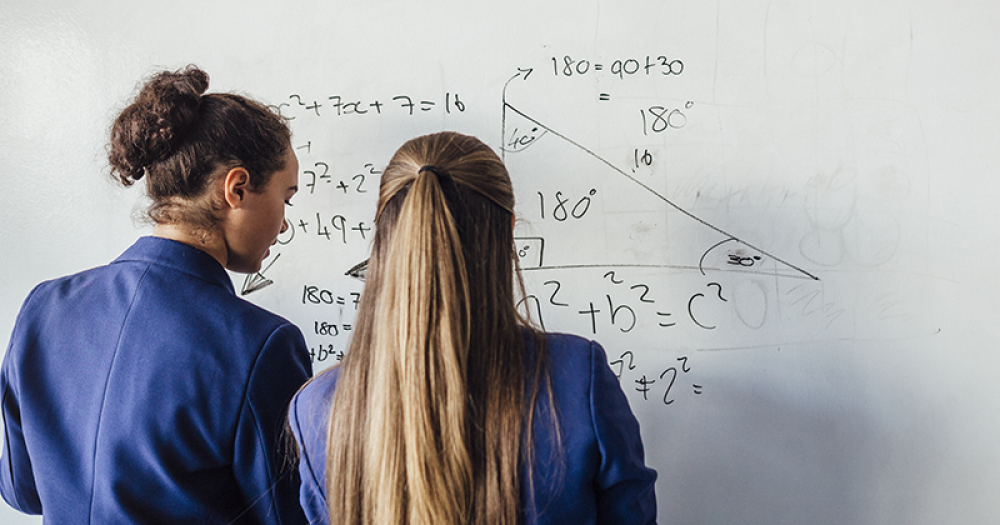England’s efforts to boost its standing in global education rankings by overhauling the way it grades maths and English GCSEs will be dogged by the “long tail of underachievement”, according to a new report.
On the eve of the results of the new 9 – 1 GCSE grades, the Education Policy Institute has sounded a note of caution, in research that highlights the scale of the challenge for policymakers.
“England and other UK nations are defined by disproportionate numbers of low-attaining pupils,” according to Natalie Perera, the EPI’s executive director and a co-author of the report.
“If any meaningful progress is to be made in catching up with the highest-performing nations, a concerted effort must be made by policymakers to significantly raise the educational outcomes of this group.”
There has been considerable debate during the last few years as to whether a grade 4 or a grade 5 should be considered a pass, and the EPI has firmly come down on the side of a grade 5 – the higher score – describing it as the “right level to be considered as reaching a world-class standard”.
In light of this, the report found that the UK will have to halve the number of pupils who do not achieve the government’s key measure of GCSE success in maths.
The institute established its “world-class” benchmark by matching PISA 2015 performance data with that of English pupils who went on to take their GCSEs in 2016.
It then considered how well pupils in England performed compared to the highest-achieving nations in maths, reading and science.
England and other UK nations are defined by disproportionate numbers of low-attaining pupils
According to Geoff Barton, the general secretary of the Association of School and College Leaders, the new grading scheme runs the risk of discouraging able students.
“International comparisons are too easily used to tell us that we are underperforming,” he told Schools Week. “This week will crystalize that with a new GCSE which has left a lot of very bright children demoralised because it was deliberately designed to make it even tougher to do well in maths.”
He added: “The constant juggernaut of reform, as exemplified this week, has been a distraction from us doing the most important thing, helping teachers just to focus on teaching.”
However, Andreas Schleicher, the architect of the PISA tables, expressed his support for the harder GCSE exams.
“The idea that raising the bar will leave people behind is borne out of the assumption that education cannot improve and results are an outcome of inherited intelligence or social background,” he said.
Nevertheless, he said he sympathised with teachers’ frustration at the new GCSEs.
“If you just raise the bar with GCSEs without building capacity, you will not change results. It will just change the number of people who pass,” he admitted.








When exam results improved pre-2010 it was called ‘grade inflation’. But even under that system, PISA results showed a long tail of underachievement in England. Now there’s a system which is unlikely to address this existing long tail. But now it’s called ‘raising the bar’.
As Laura McInerney says elsewhere on this site, the new GCSEs do ‘sod all’ for low achievers.
The EPI’s ‘world-class’ benchmark was a proposal for 2030 – it wasn’t a fixed benchmark for the present but an ‘ambition’ for the future. Nevertheless, it was used by the media to attack parents of white British pupils in 2016. http://www.localschoolsnetwork.org.uk/2016/04/media-pans-parents-for-white-british-pupils-not-hitting-targets-but-the-targets-were-a-2030-proposed-benchmark-not-actual-exam-results And now it appears to be being used to justify judging schools by a higher standard than previously.
Most other countries do NOT use high-stakes exams to judge individual schools. The OECD (which sets those PISA tests so beloved of politicians) warned in 2013 there was too much emphasis on GCSE results in England which risked negative consequences. Yet politicians, certain think tanks and pundits still worship at the GCSE shrine instead of doing the sensible thing and moving towards graduation at 18 via multiple routes.